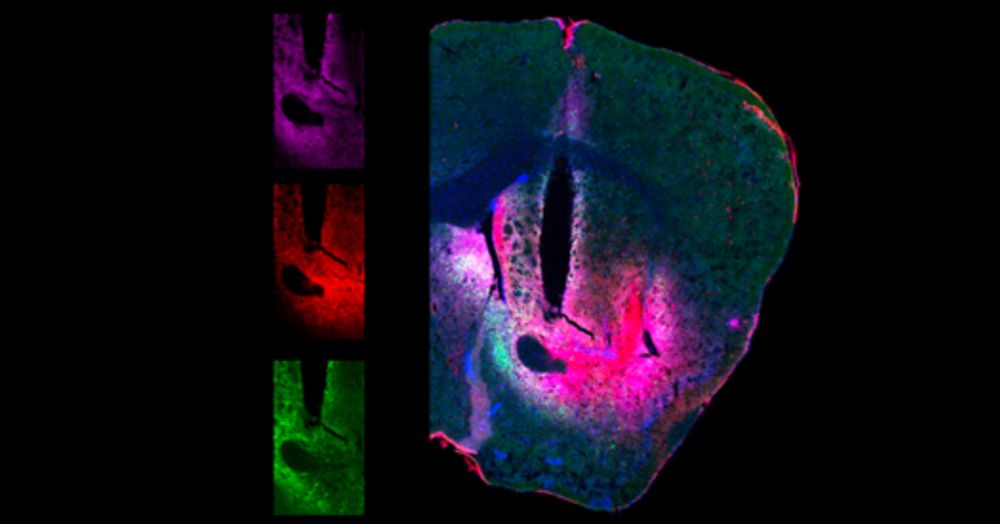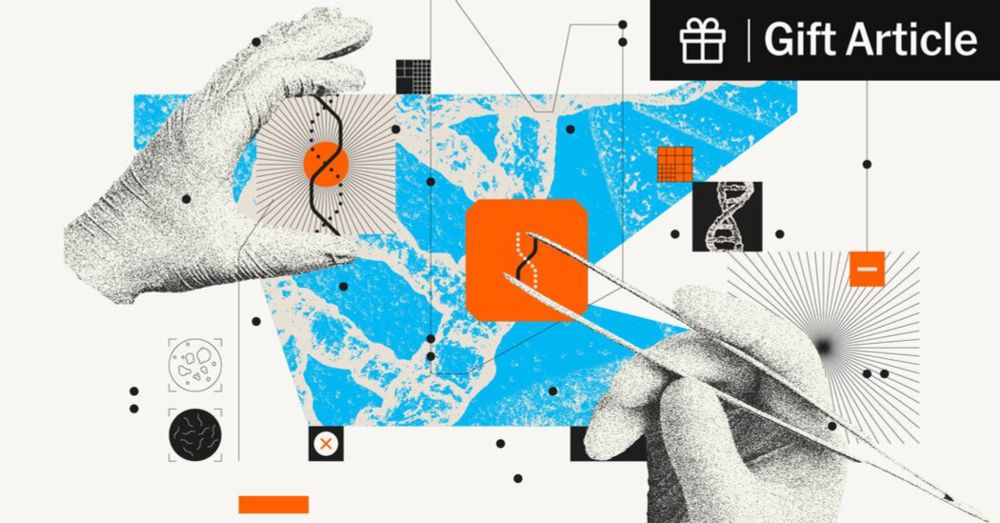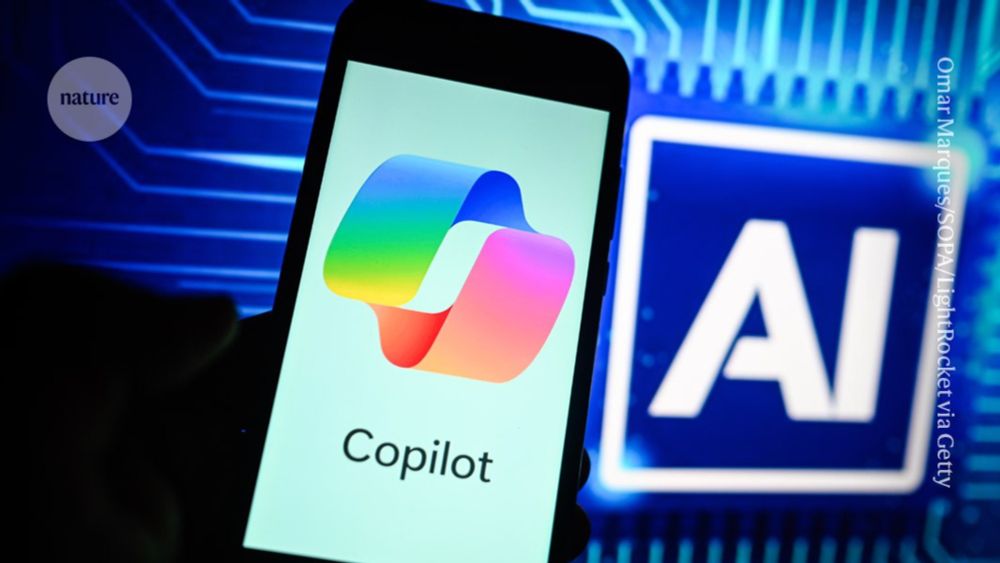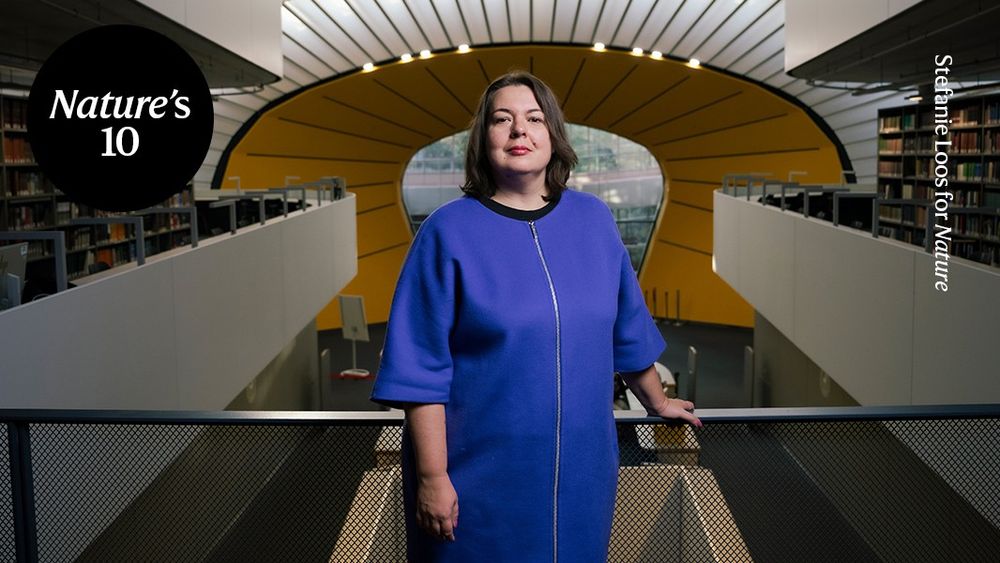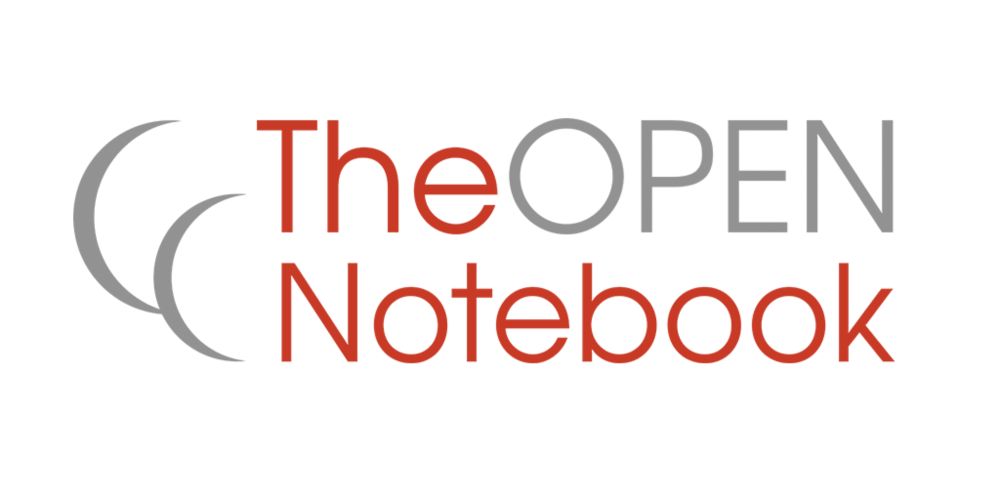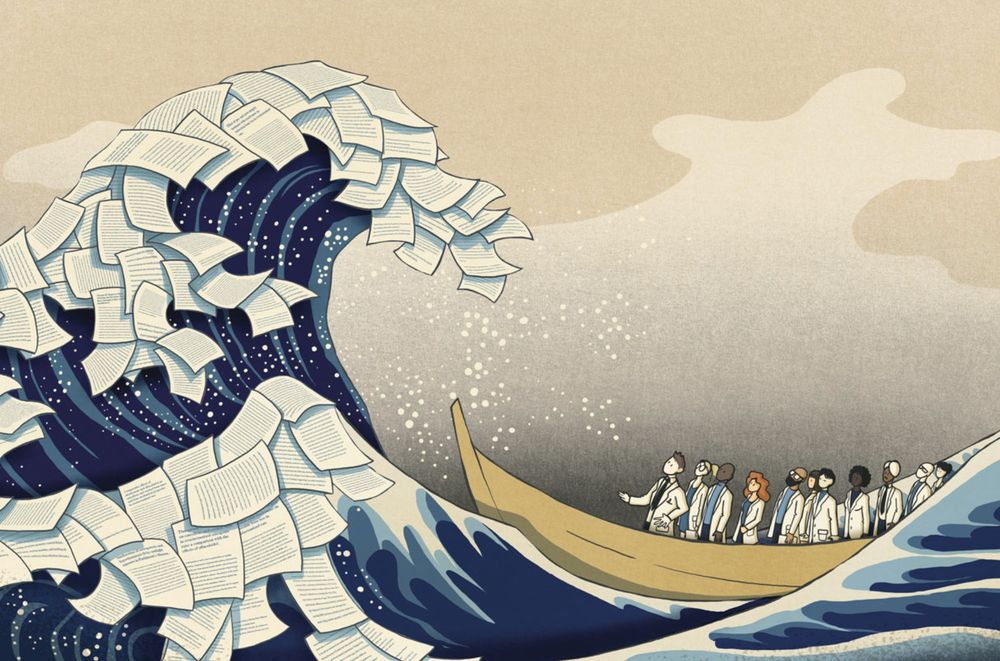Diana Kwon
@dianakwon.bsky.social
480 followers
460 following
16 posts
Journalist covering life sciences, health, and academia. Bylines in Scientific American, Nature, Knowable & others.
www.dianakwon.com
Posts
Media
Videos
Starter Packs
Reposted by Diana Kwon
Reposted by Diana Kwon
Richard Van Noorden
@richvn.bsky.social
· Mar 18
Reposted by Diana Kwon
Diana Kwon
@dianakwon.bsky.social
· Nov 24

